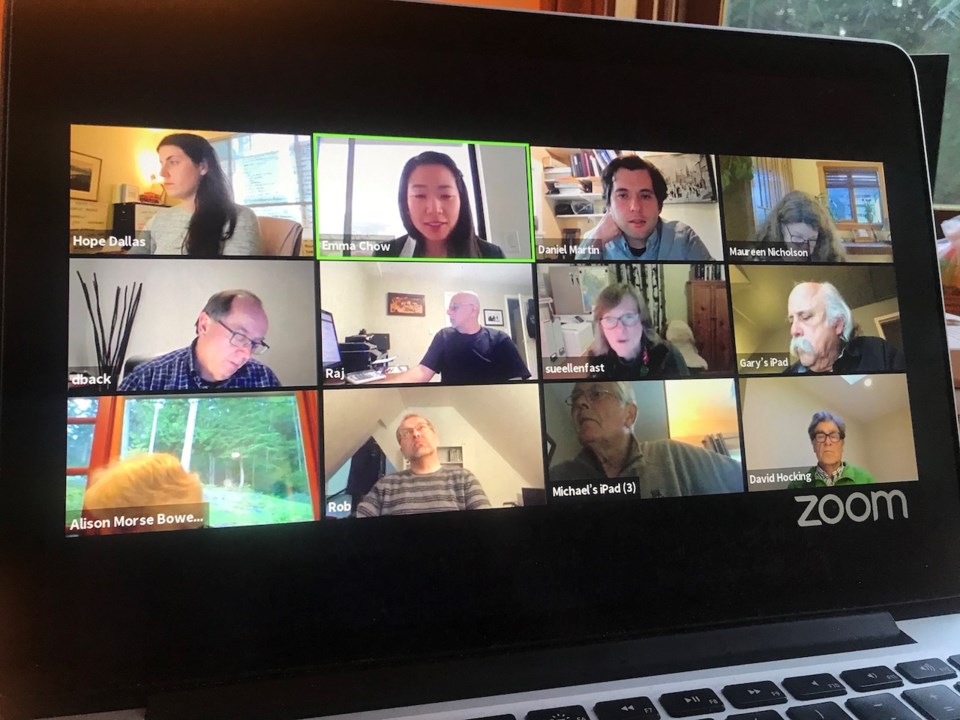Briefs from the April 27 Bowen Island Municipal Council regular meeting.
MRDT review
It’s back to the drawing board for the short term accommodation tax. Bowen Island Municipal Council was set to ask the province to impose a three per cent Municipal & Regional District Tax (MRDT) on short term rentals on Bowen, the proceeds of which were to go to affordable housing initiatives and tourism destination management. However, the application requires 51 per cent support (based on units) from accommodation providers who have more than four units. A staff report from community planner Emma Chow states that Bowen has seven accommodation providers who have more than four units (the total among the seven is 65 units) and the application has received a response of 77 per cent against the proposal. Among the comments from the public listed in Chow’s report are a desire for a two per cent tax rate instead and for more of the money to go toward affordable housing initiatives. With the three per cent rate, the estimated annual MRDT revenue is $42,300 to $58,500 a year. Tourism Bowen Island has offered to work with the accommodation providers to come to a resolution. Councillors and Chow also noted that the industry is at a standstill currently due to COVID-19.
Short term rentals
Three bylaws addressing short term vacation rentals passed first reading Monday. The amendments to the Land Use Bylaw, business licence bylaw and noise enforcement bylaw would permit “residential guest accommodation” (short term rentals) on all residential lots, including those with suites, but impose a 120 days per year limit on this use. Rooms would be limited to two guests and require one parking space per room. The business licence cost would be set at $300 under the bylaw, so as to cover staff time to licence the accommodation providers and enforce the regulations. There’s also a provision that there must be a designated contact, available 24 hours a day to respond to any nuisance complaint about the rental within two hours.
The sticking point for councillors and public alike has been the 120 day limit. Tourism and industry advocates argue that this is too short a time and will mean providers will only rent out in the summer months instead of spreading business out over the less lucrative shoulder seasons and winter. Housing advocates and others in opposition argue 120 days is too long and have taken issue with allowing entire dwellings to be rented out. The short term rental policy council passed last November says that short term rental use of more than 120 days is considered commercial use, which could be allowed with a temporary use permit (when council can once again issue temporary use permits) or rezoning.
“[So] that the use of short term rental of a dwelling unit stays…secondary to the use of the dwelling unit as a residence for someone that is part of the community,” community planner Emma Chow said.
Coun. Michael Kaile has long argued against the 120 day limit, calling it the “complete antithesis to any form of tourism planning” at Monday’s meeting.
Kaile noted the frustration in the industry with the proposed limitations but also that the industry doesn’t currently exist due to COVID-19 and what the industry will look like in the future is uncertain. He urged deferring the matter while the industry’s stalled.
Coun. Maureen Nicholson noted that this project has been in the works a long time and these are just the first steps so that the bylaws can be sent out for consultations.
While the first readings passed unanimously, Kaile and Coun. Alison Morse said that they only voted in favour so that the bylaws could be put out for public comment.



